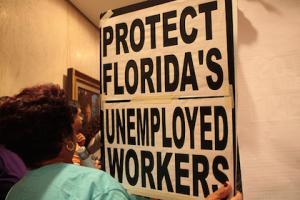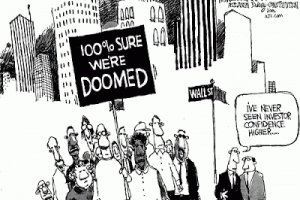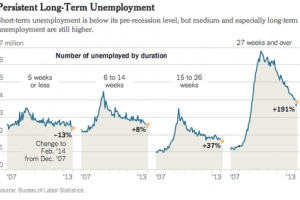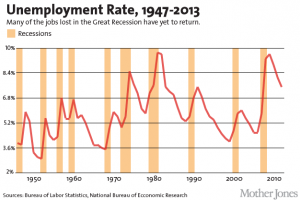Failing Workers Most in Need: Record Number of Unemployed Without Benefits
Black Press USA
 According to the Economic Policy Institute, Congress’ refusal to extend unemployment benefits in 2014, coupled with cuts in benefits at the state level, has reduced the percentage of people receiving unemployment insurance to the lowest level in more than three decades. And, despite higher unemployment rates for Black workers, unemployed Black workers are even less likely to receive unemployment benefits than their white counterparts.
According to the Economic Policy Institute, Congress’ refusal to extend unemployment benefits in 2014, coupled with cuts in benefits at the state level, has reduced the percentage of people receiving unemployment insurance to the lowest level in more than three decades. And, despite higher unemployment rates for Black workers, unemployed Black workers are even less likely to receive unemployment benefits than their white counterparts.




Spread the word